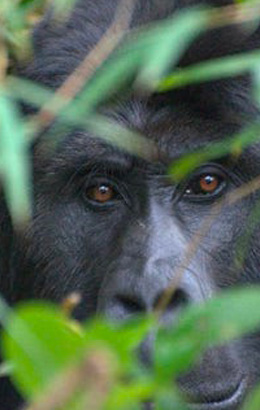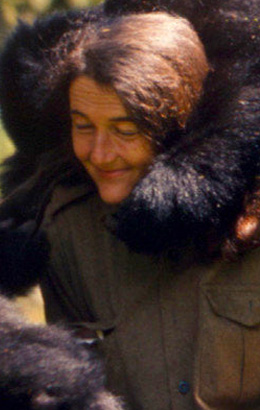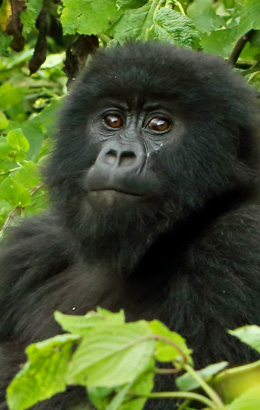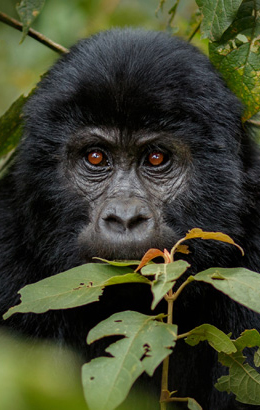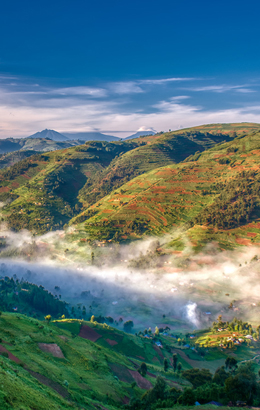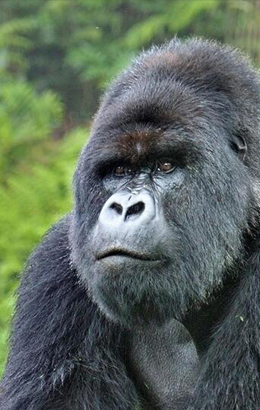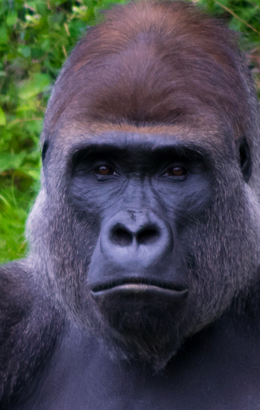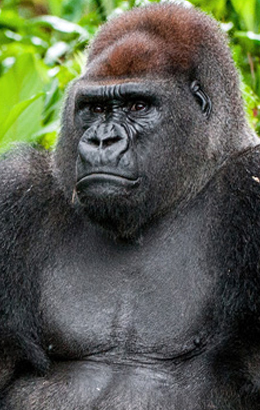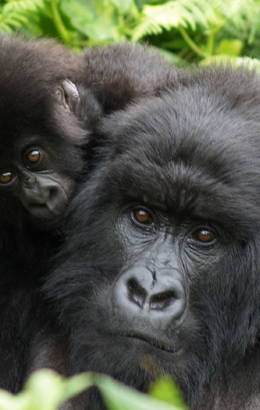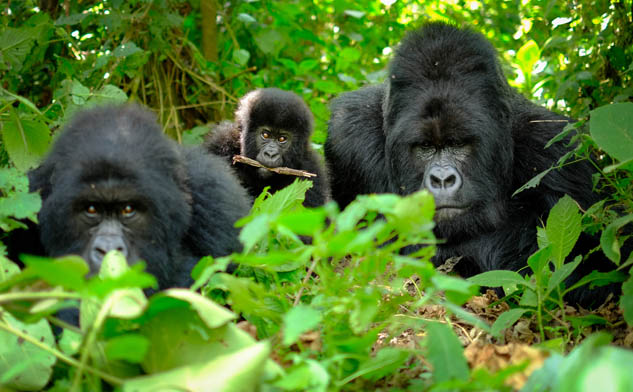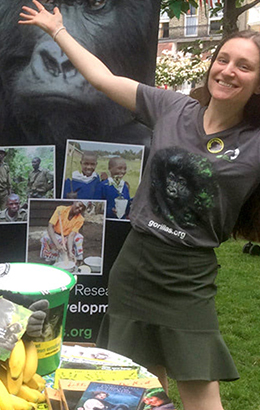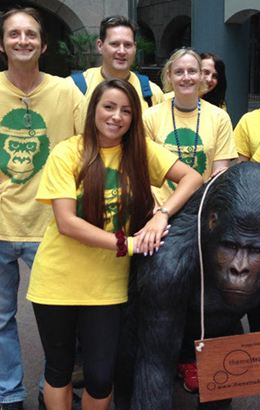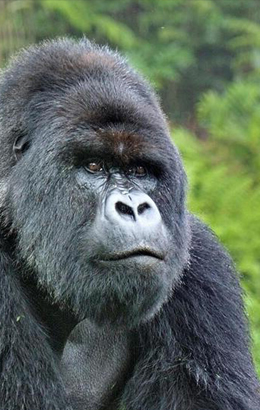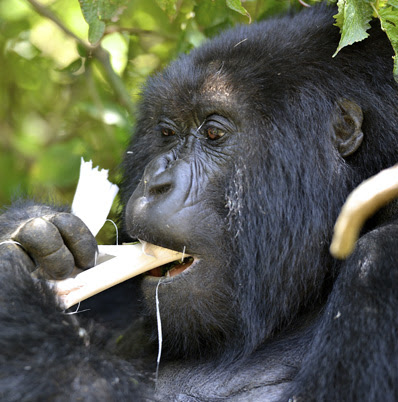The Gorilla Organization has been featured in National Geographic Traveller (UK), one of the world’s leading travel publications. The piece…
Hope and Tragedy on Mount Tshiaberimu
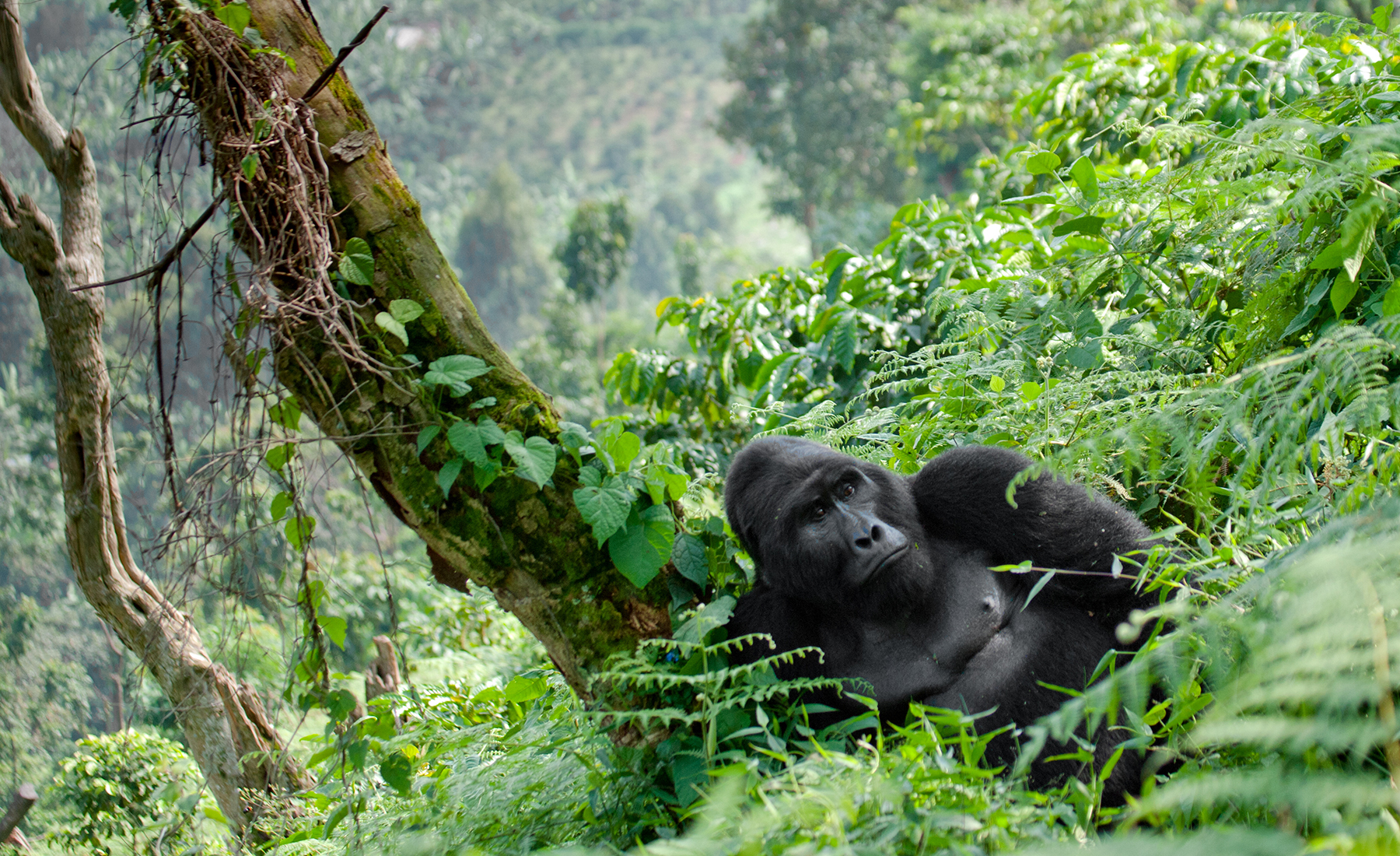
For decades, the Gorilla Organization has empowered and equipped the frontline in the fight to save gorillas: the people they live alongside
This first line of defence is where the difference between survival and extinction is made. It’s determined and resilient. But it’s also vulnerable. Especially in the face of natural disasters like the mudslides that hit parts of Congo, as well as neighbouring Rwanda and Uganda in May.
The rain started falling in the early evening. In Kalehe, a rural, underdeveloped area of DR Congo and the base for gorilla conservation efforts in the region, it was market time. Buyers and sellers took shelter in whatever home they could. But the wall of mud was just too big and powerful. Stones weighing several tons each washed over the communities, covering an area 1.5km long and 500 metres wide. In some places, the mud was 15 metres deep.
“What we witnessed was simply beyond our comprehension,” Henry Cirhuza, Project Manager in Congo, reported when the earth had stopped moving. Whole communities had been destroyed. Hundreds of people were dead, including two valued beneficiaries working at the Gorilla Organization’s tree-planting projects. It’s these projects that hold the key to addressing the root causes of the threats facing gorillas in the wild, namely habitat loss and a lack of sustainable livelihoods for local communities. To make matters even worse, the vital road link connecting the villages of Kalehe to the Virunga National Park was made impassable. As communities counted the cost of this latest tragedy, rangers were unable to get to their posts.
Once again, as fear and uncertainty swept the region, the endangered mountain gorillas were left unguarded and highly vulnerable.


A green buffer destroyed
The mudslides were shocking. But they were not unexpected. Indeed, this was a tragedy a long time in the making.
The destruction of the forests of this part of Africa has been ruthless and relentless. Ironically, Bushushu, where the Gorilla Organization has established a tree-planting nursery, is also a hub of charcoal trading. Huge areas of forest are destroyed to feed the largely-illegal trade. For the endangered mountain gorillas, it means their habitat is steadily shrinking, bringing them closer to people and increasing the risk of harmful encounters. The loss of trees also increases the risk of flooding and landslides. The soil in this part of Africa is sandy and fragile. Without trees to serve as a natural defence, water and mud can cascade downhill uninterrupted, bringing death and destruction like the communities witnessed in May.
Even though they have been hit hard, the affected communities are determined to rebuild. Such resilience is shared by the teams at the Gorilla Organization’s tree nurseries. This first line of defence for the gorillas is quickly being rebuilt. At Nyamubuki, the clear-up operation is well underway and work will begin again soon, with the aim of planting as many as 2 million trees to provide a buffer between people and gorillas. The work has already caught the attention of the European Union’s representatives in Kinshasa and could be replicated on an even-bigger scale.
Hand-in-hand with the reforestation efforts, community development programmes will be vital in reducing demand for charcoal and giving people a chance to earn a living without having to rely on the natural resources of the gorilla habitat. So too will empowerment. For the Batwa village of Biizi in Uganda, hope lies in youth. Elias, whose uncle was badly injured in the landslides, is the first member of his community to graduate from university. With the Gorilla Organization’s support, the Batwa people are slowly going from marginalised to empowered, equipped with the resilience to overcome future setbacks and the knowledge needed to reduce their likelihood, even if just a little bit.
This story was originally published in the Summer 2023 edition of Digit News. Read the full newsletter here.
Make a difference – help today!
More News
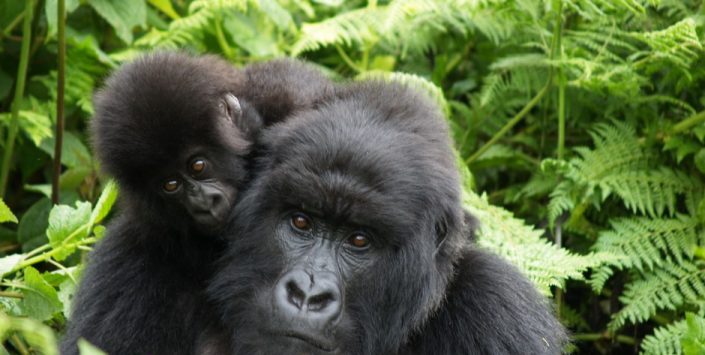
Inside Our Work: The Gorilla Organization Featured in National Geographic Traveller
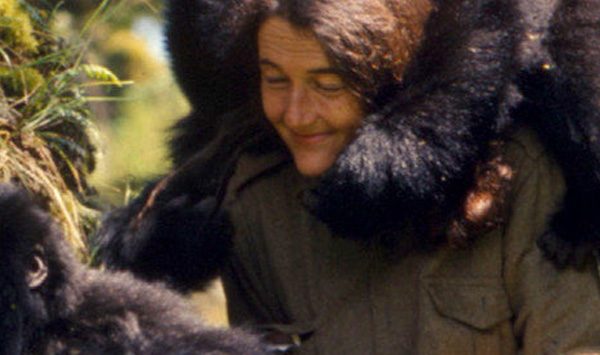
Celebrating the legacy of Dian Fossey, 40 years on
On 26 December 1985, the world lost one of the most influential figures in wildlife conservation. Forty years on, the…
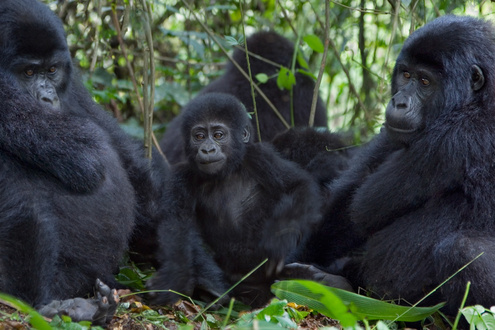
Why the conflict in eastern DRC is so dangerous for gorillas
The conflict in eastern Democratic Republic of Congo has shaped life in this region for decades. Armed groups have operated…
